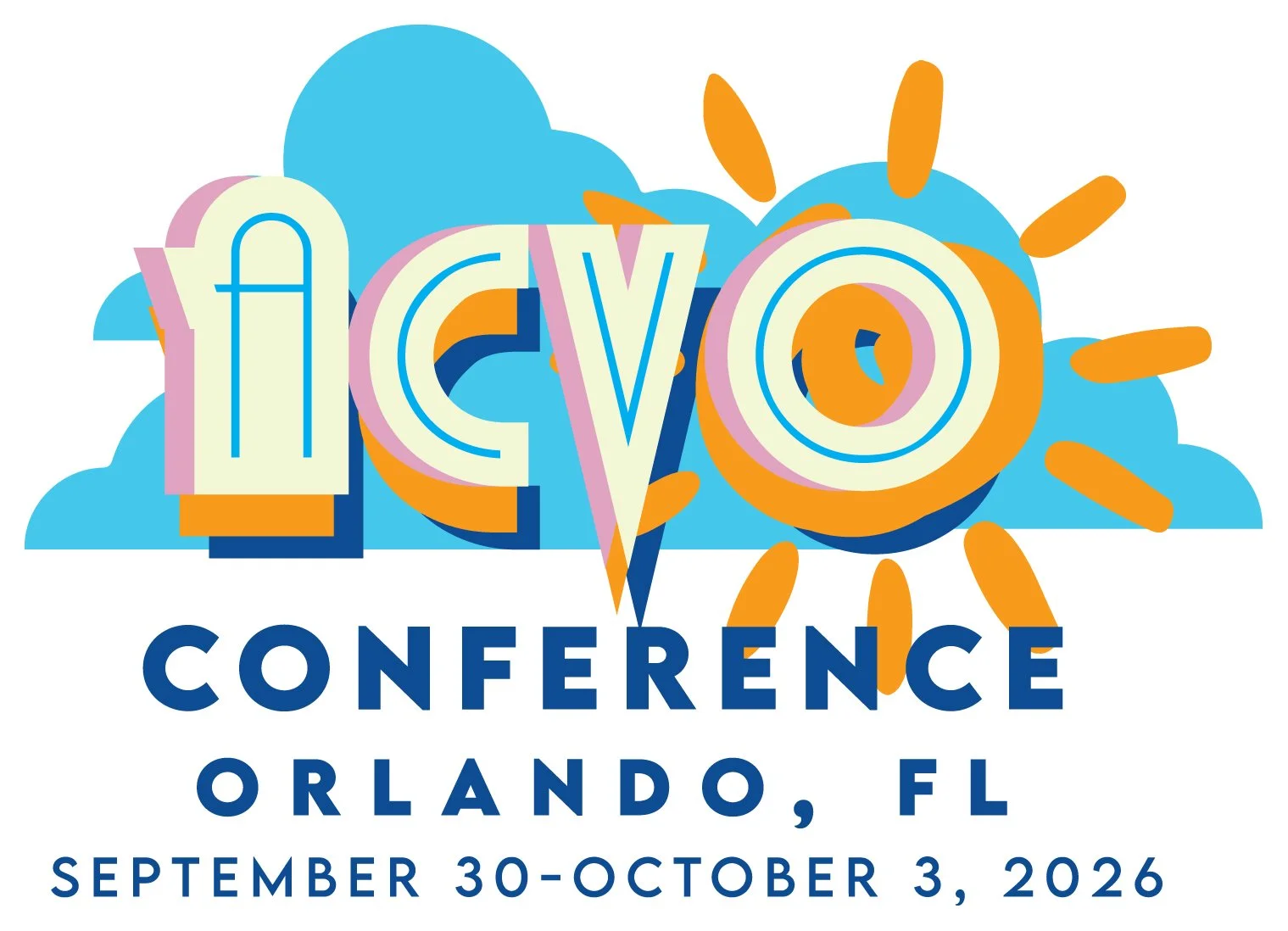Upcoming CE Events
"The American College of Veterinary Ophthalmologists believes it is in the best interest of veterinary patients and their owners that any ocular surgery necessitating microsurgical techniques on animals be performed by, or under the supervision of, a board-certified veterinary ophthalmologist."
*Note: Continuing Education postings are available for non-profit ophthalmology related groups only.
ACVO Annual Conference
Midwest Veterinary Ophthalmology Meeting
Chicago, IL, USA
February 27 - March 1, 2026
Contact Dr. PAIGE EVANS for any questions at PAIGEEVANS@HOTMAIL.COM
29TH ANNUAL NORTHERN CALIFORNIA VETERINARY OPHTHALMOLOGY SOCIETY MEETING
LIVERMORE, ca, USA
March 15, 2026
PLEASE RSVP WITH YOUR PRESENTATION TOPIC TO NCVOS2026@gmail.com BY FEBRUARY 15, 2026
ANNUAL MEETING OF THE sOCIETY FOR COMPARATIVE OCULAR PATHOLOGY (SCOP)
cORNELL UNIVERSITY, ITHACA, NY
APRIL 24 - 25, 2026
Annual Scientific Meeting of European College of Veterinary Ophthalmologists
ECVO Conference, Madrid, Spain
May 27-30, 2026
www.ecvoconference.org
Annual International Equine Ophthalmology Consortium (IEOC) Symposium
Ocala, FL, USA
June 18-20, 2026
www.equineophtho.org/post/ocala-florida-usa
ACVO Member Video Library
The ACVO Member Video Library hosts conference recordings that are available complimentary as a member benefit. These include General Sessions, Residents' Workshop, and Masters’ Course recordings since 2011 and can be searched by a key word within a presentation.
ACVO EDUCATION POSITION STATEMENT
The American College of Veterinary Ophthalmologists (ACVO) is a worldwide leader in the specialty of veterinary ophthalmology, recognized by the American Board of Veterinary Specialties of the American Veterinary Medical Association (AVMA). The ACVO and its members set the standard in continually advancing the scientific and clinical aspects of this discipline, granting funding for new research in animal eye diseases and treatments, providing education and communication between those in the field, and establishing rigorous criteria for specialist training and certification.
In order to become a Board-Certified Veterinary Ophthalmologist, an individual must undergo considerable additional education after graduating from veterinary school, typically starting with a 1-year rotating or specialty internship, followed by a 3- or 4-year clinical residency program. Residency training is intensive, and includes not only scholarly study but also experience in medical and surgical ophthalmology. At the conclusion of this training, ethical standards must be met and credentials must be accepted by the ABVO before the certifying examination may be taken. This examination takes place over multiple days and consists of multiple parts, including image recognition, an academic written portion, ophthalmic examination, and surgery. Microsurgery, the surgery of minute structures which requires an operating microscope, is an important section of the examination, as so much of the delicate work of eye surgery must take place under an operating microscope to be done properly. Only after all of these requirements are met may one become Board Certified.
Veterinary ophthalmologists are committed to providing the very best in patient care. The level of excellence set by the ACVO extends to both the exam room and the operating room. Microsurgery on the cornea or intraocular structures demands a level of skill that only comes with time, experience and training. This applies to acquiring the appropriate technical proficiency to perform microsurgery, and also the clinical judgement needed to identify when it is needed, or to deal with potential complications. Competence with special instrumentation and the necessary equipment is also needed. Just as you would likely prefer an experienced microsurgeon if you needed corneal or intraocular surgery, so might you prefer it for your pet. That is why the ACVO has put forth the following Education Position Statement:
"THE AMERICAN COLLEGE OF VETERINARY OPHTHALMOLOGISTS BELIEVES IT IS IN THE BEST INTEREST OF VETERINARY PATIENTS AND THEIR OWNERS THAT ANY OCULAR SURGERY NECESSITATING MICROSURGICAL TECHNIQUES ON ANIMALS BE PERFORMED BY, OR UNDER THE SUPERVISION OF, A BOARD-CERTIFIED VETERINARY OPHTHALMOLOGIST."
This Statement should not be considered a legal or medical requirement, nor does the statement have punitive ramifications. However, the ACVO believes that veterinary patients deserve the best care delivered to the highest standards whenever possible. That is why the ACVO strives for excellence in all aspects of veterinary ophthalmology, and continues to earn respect around the world.


